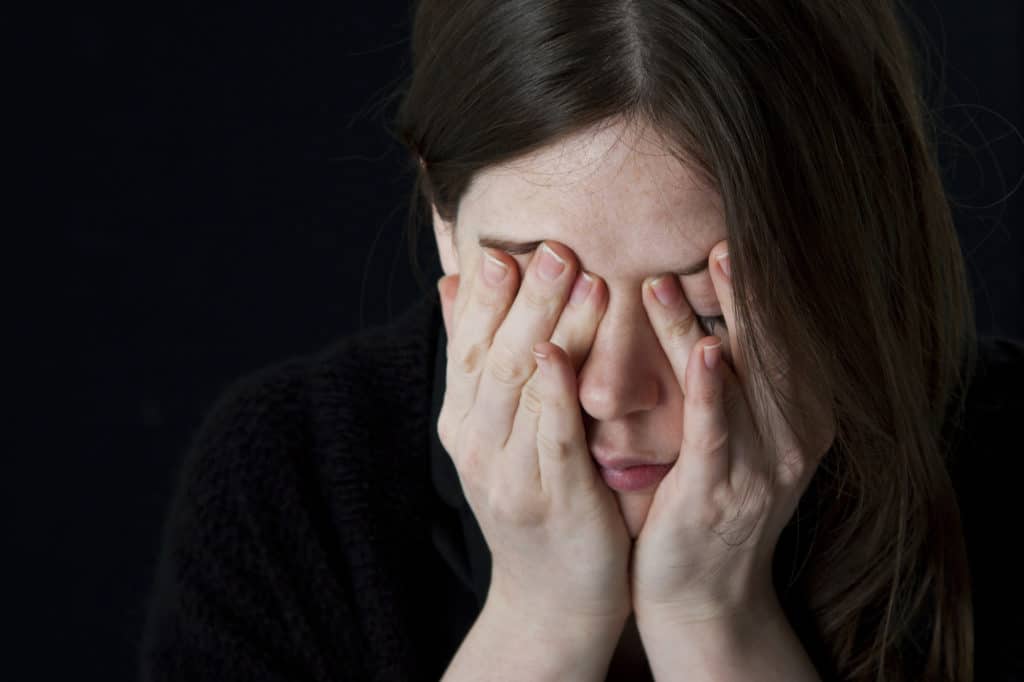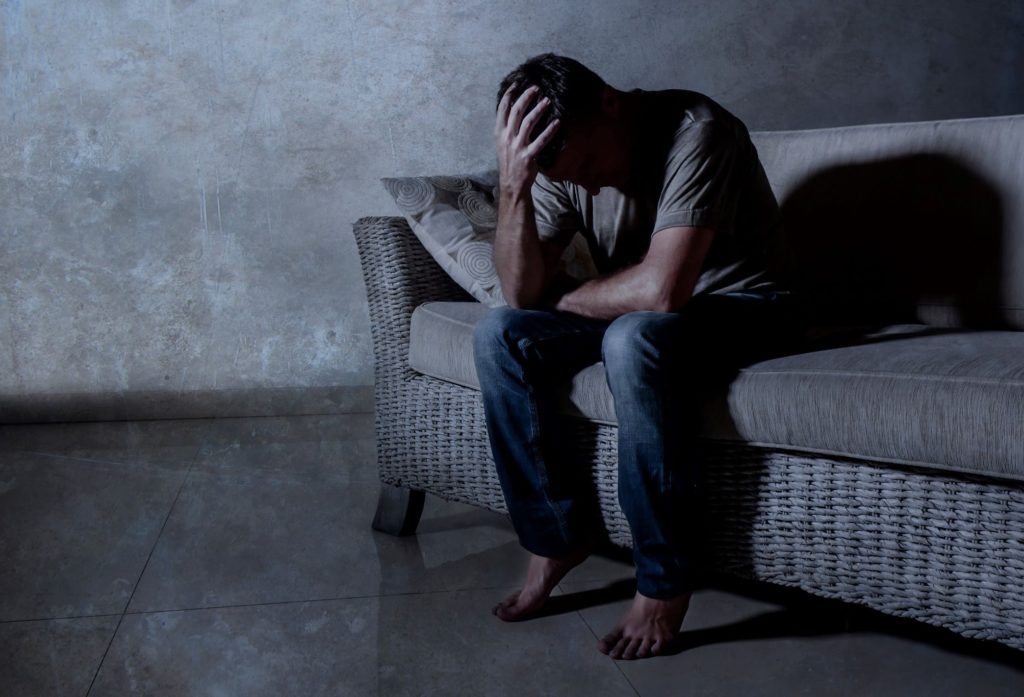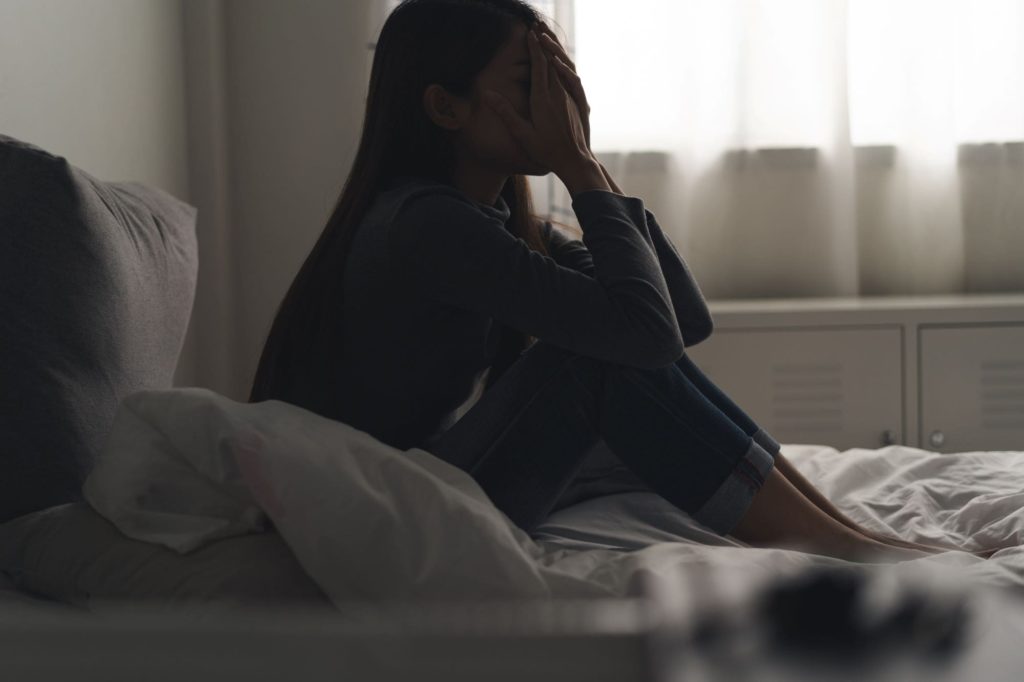What Is Addiction?

Addiction, also known as substance use disorder, (SUD), is considered a complex condition in which an individual engages in uncontrolled use of a substance despite the harmful consequences it causes.
Among Americans aged 12 years and older, 31.9 million are current illegal drug users (used within the last 30 days). 11.7% of Americans 12 and older overuse illegal drugs.
Individuals with a SUD have more of a profound focus on using a specific substance or substances such as tobacco, alcohol, or illicit drugs to the point where the individual’s ability to function in their daily life becomes impaired. People will engage in substance use even when they are aware that it’s causing them problems.
When individuals acquire a substance use disorder, they might have distorted behaviors and thinking. It’s imperative to note that the brain structure changes and functions are what causes individuals to experience:
- Intense cravings
- Abnormal movements
- Personality changes, and various other behaviors
Engaging in repeated substance use can cause various changes in how the overall brain functions.
Addiction Symptoms
Tolerance: When an individual begins taking a drug, their body starts to get accustomed to it. Therefore, the person will start to use bigger doses of the substance in an attempt to achieve the same desired effects.
Withdrawal: Once there is reduced drug intake, generally the person begins to become nauseated, nervous, agitated, and start to tremble or experience cold sweats.
Remorse: Even though the individual engages in drug use in an attempt to feel better, they might also experience guilt and/or sadness after using it.
Relapse: Anytime an individual attempts to quit engaging in drug or substance use, they will typically gain a hold of it again due to the cravings and withdrawal symptoms they undergo.
What Is Depression?
Depression is extremely common amongst individuals battling addiction and depression at the same time. Substance abuse can trigger and even intensify feelings of:
- Sadness
- Hopelessness
- Loneliness
Even though the majority of individuals will undergo highs and lows as they go through life, clinical depression can last for weeks, months, or even years.
Clinical depression can interfere with an individual’s entire life, including their overall ability to work and therefore maintain a healthy lifestyle. For those who are struggling with depression, they might feel as though there isn’t an end to the pain and view drug or alcohol use as an escape or easy solution to their problems.
Though substances can subside emotional pain and bring about a sense of happiness, it’s important to remember that it’s only temporary. The more pressing matter at hand is drug and alcohol use can become addictive.
The more an individual consumes it, the more dependent their body will become on the overall effects. As time goes on, substance abuse can worsen depression symptoms and lead to health problems such as brain damage later down the road.
Addiction and Depression
 The hard truth is individuals with depression are facing an uphill battle daily. Several elements of depression overlap with the signs of addiction. Therefore, it’s paramount that individuals receive the proper care and treatment for both disorders.
The hard truth is individuals with depression are facing an uphill battle daily. Several elements of depression overlap with the signs of addiction. Therefore, it’s paramount that individuals receive the proper care and treatment for both disorders.
Addiction and depression can cause an individual to do the following:
- Experience issues with personal relationships
- Isolate individuals from other people
- Give up social hobbies or activities
- Refuse to acknowledge a problem
For an individual struggling with depression, it can be exceedingly tempting to desire to relieve feelings with alcohol or drugs. Ultimately, however, engaging in substance use to ease depression can cause a greater deal of harm to a person’s life – from financial matters to personal hardships.
Contact UsMost Common Types of Depression
Major Depression
One of the most common types of depression is major depression. It affects roughly 7% of the nation’s population at any given time. The symptoms of this type of depression include:
- Lack of energy
- Irritability
- Sleeping pattern changes
- Extreme sadness
If this disorder is left untreated, major depression can recur throughout a person’s life.
Seasonal Affective Disorder
Typically occurring in the wintertime, seasonal affective disorder, also known as (SAD), is a type of depression that is associated with several variations of light. Individuals with this type of disorder might undergo:
- Mood changes
- Overeating
- Sleep problems
- Anxiety
For SAD to be properly diagnosed, an individual must exhibit the above-mentioned symptoms over three consecutive winters.
Atypical Depression
With this type of depressive disorder, an individual might experience depression symptoms, however, their mood is uplifted briefly with positive news of an event. Nonetheless, during the “low” periods, the depression can become so severe that individuals feel as though their life isn’t even worth living.
It’s vital to acknowledge that engaging in alcohol and other addictive substances to self-medicate can result in behavioral and emotional and detrimental problems.
Dysthymia
This form of depression is considered to be a milder form. Individuals with dysthymia suffer from what’s considered to be a continual “gloomy mood”. This “gloomy mood” generally lasts for over 1 to 2 years.
Substance abuse might mask these negative emotions short-term, but it can also significantly disrupt an individual’s relationships, daily activities, and work. Since dysthymia is considered to be a chronic condition, it might eventually lead to major depression.
Depression Symptoms
The overall symptoms of depression can vary depending on the type. For example, a co-occurring addiction to alcohol or a substance can thoroughly increase the severity of symptoms.
- Loss of interest in hobbies, work, and personal goals
- Feeling hopeless, pessimistic, and useless
- Appetite and weight changes
- Trouble concentrating
- Difficulties sleeping
- Irritability
Individuals struggling from depression approximately have about a 10% lifetime suicide risk. When depression and substance abuse are combined, the overall suicide risk rises to about 25%.
Rehab for Depression and Addiction at Orlando Treatment Solutions
Substance abuse and depression are common among a variety of different individuals. The two often feed into one another and cause individuals to require rehab for depression and addiction. Orlando Treatment Solutions understands the importance of treating dual diagnoses. Contact us today.
References
Contact Us
CALL US NOW
Orlando Treatment Solutions will iron out the details for you in a manner that will make you confident in your path to sobriety. That first simple call is your ticket to making Orlando Treatment Solutions your solution for addiction. Get the freedom from addiction that you deserve today.

Years of experience
Our leadership team has extensive experience in dual-diagnosis treatment and is ready to help those who are struggling with substance use and mental health.

Specialists
Our staff consists of many licensed addiction and mental health treatment facilitators and other staff who are ready to share their experience and their success.

Happy patients
Orlando Treatment Solutions has helped over 2,000 people who have struggled with substance use (alcohol and drug addiction) and mental health find freedom.
Contact Us
GET IN TOUCH
Reaching out to Orlando Treatment Solutions may be the most important call of your recovery process. A caring professional is waiting for your call to be your guide to addiction-free living.
 info@shc.health
info@shc.health 

